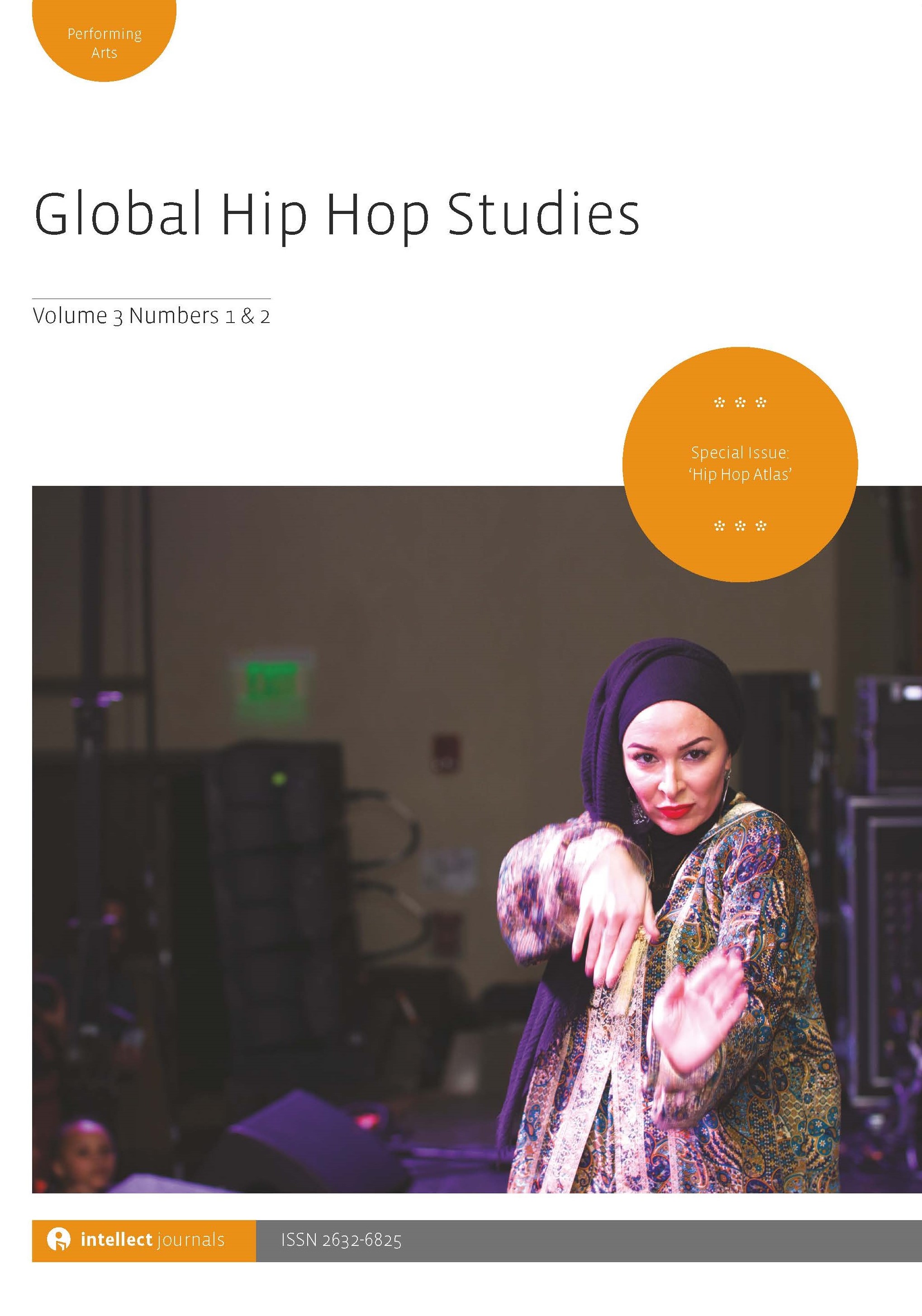-
oa Japan (日本)
- Source: Global Hip Hop Studies, Volume 3, Issue 1-2: Hip Hop Atlas, Dec 2022, p. 89 - 95
-
- 26 Nov 2022
- 27 Jan 2023
- 20 Dec 2023
Abstract
Many people assume that Japanese language and culture make the country an unlikely place for a robust hip hop scene, but in fact, Japanese emcees, DJs, breakers and visual artists have a long and varied history of contributing to global hip hop. From small nightclubs to giant arenas, Japan’s hip hop artists run the gamut of underground to pop, with a wide range of approaches and styles.
© 2023 (2022) The Author(s). Published by Intellect Ltd.
This article is Open Access under the terms of the Creative Commons Attribution-NonCommercial-NoDerivatives 4.0 International licence (CC BY-NC-ND), which allows users to copy, distribute and transmit the article as long as the author is attributed, the article is not used for commercial purposes, and the work is not modified or adapted in any way. To view a copy of the licence, visit https://creativecommons.org/licenses/by-nc-nd/4.0/



